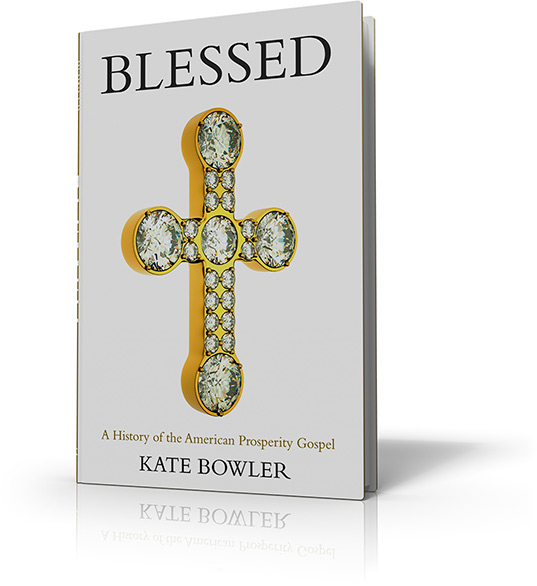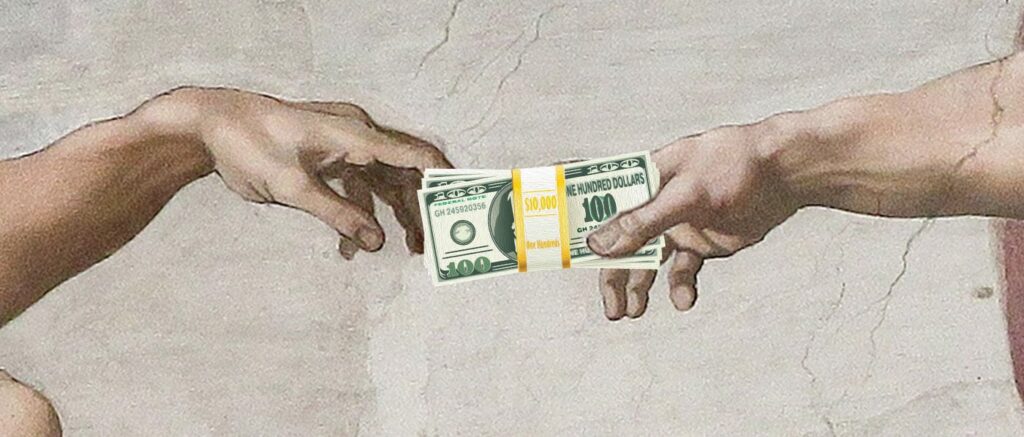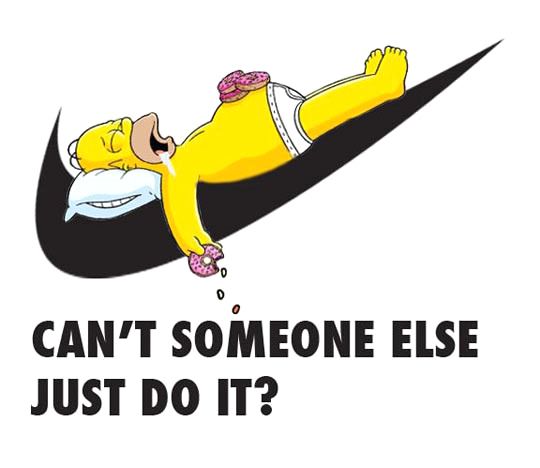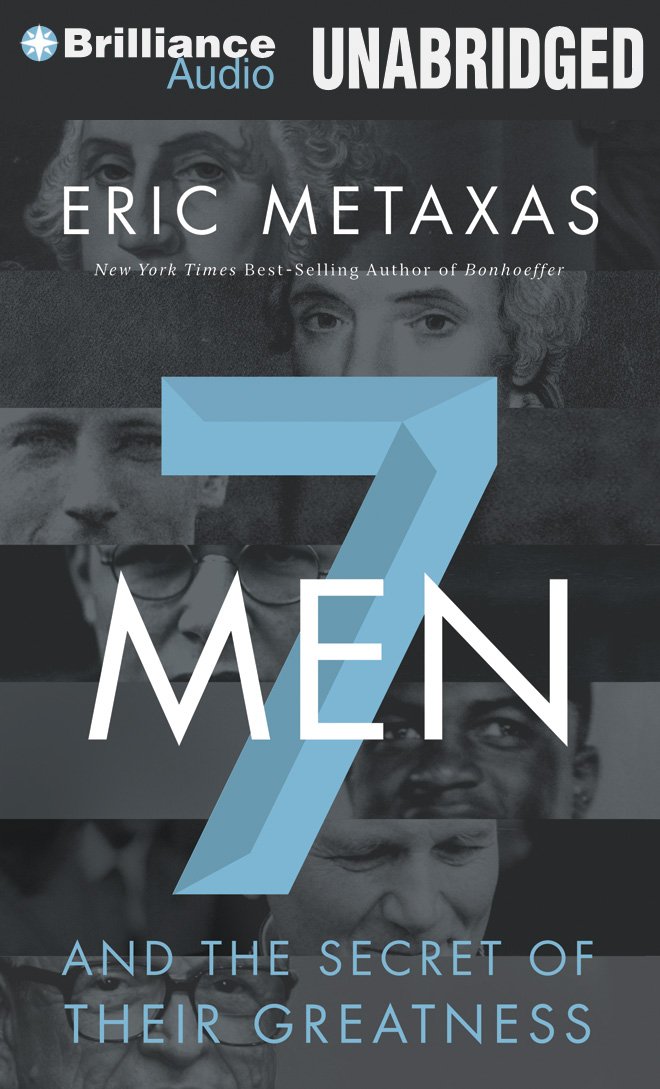What is this branch of the Christian religion known as the Prosperity Gospel? Eight observations below jumped out at me as I read Kate Bowler’s book Blessed, a history of the American prosperity gospel.
I Have the Power!
Belief is power. God is obligated to act, fulfilling all my prayers of faith when I genuinely believe. Prayers are not requests; they are contracts with God, and he must work on my behalf. How else am I supposed to interpret a Bible verse like:
Have faith in God. I tell you the truth, you can say to this mountain, ‘May you be lifted up and thrown into the sea,’ and it will happen. But you must really believe it will happen and have no doubt in your heart. I tell you, you can pray for anything, and if you believe that you’ve received it, it will be yours (Mark 11:22-24)
For people who follow the prosperity Gospel, there is no nuance in a verse like this. It’s raw power at my fingertips.
Get it Now
Nobody likes lag time on an internet connection. The only difference between the Prosperity Gospel and the regular Gospel is a shorter lag time. The prosperity movement is all about closing the gap between desire and fulfillment.
Reverend Ike said it best.
“Don’t wait for your pie in the sky in the sweet by and by, Have it now with ice cream and a cherry on top!
The idea of heaven, full of mansions and golden streets, accepted and hoped for by most Christians today, is the same hope shared by prosperity people. The only difference is that they believe they are supposed to start experiencing that wealth now. There is no need to wait until you are dead.
A Religion for our Time
Disenfranchised blacks moving to the northern U.S.A. in the mid-20th century embraced this version of Christianity. It gave them hope that they could rise above their means. God wanted them to succeed! One of the preachers put it succinctly:
“Poverty is not what God wants for the black man!”
Poverty was a real problem for the race that had to overcome slavery and was now battling through systemic racism carefully crafted to keep them oppressed.
Reverend Ike looked around at the ravages of poverty upon his people and boldly claimed.
“The lack of money is the root of all evil.”
Ike and others like him became convinced that a loving heavenly father desires wealth and health for his children, not poverty and oppression.
For white people in the United States in the mid-20th century. Opportunities for wealth were more abundant than ever with the post-war economic boom. White Americans became flush with cash. They needed a religious justification for their opulence, and it came in the form of the prosperity gospel. The Prosperity Gospel is the deification of the American dream, and capitalism is its celebrated liturgy.
The prosperity gospel was the message both black and white Americans wanted to hear, which is why it became so wildly popular. We embraced a 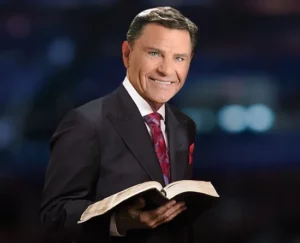 Religious experience that mirrored our financial ambitions. Kenneth Copeland summarized it effortlessly.
Religious experience that mirrored our financial ambitions. Kenneth Copeland summarized it effortlessly.
“The gospel message to the poor is that Jesus has come, so you don’t have to be poor anymore.”
I Give so I Can Get
The principle of “Divine Reciprocity” takes centre stage. If I give, it shall be given unto me. How else am I supposed to interpret a verse like this?
Give, and you will receive. Your gift will return to you in full—pressed down, shaken together to make room for more, running over, and poured into your lap. The amount you give will determine the amount you get back. (Luke 6:38)
Prosperity people believe a verse like this one at face value.
So the more money I give to my favourite televangelist, the more I will get back. Giving is a full-on investment strategy. So confident were many prosperity leaders of this promise that they offered money-back guarantees.
With the “give to get” principle firmly established. Separating the faithful from their money became a science and an art form for the leaders of this movement. This is how the prosperity preachers got paid, and they unashamedly wanted to be paid a lot! The more money they made, the more evidence it was of God’s blessing on them. As a result, giving was not really optional — God would judge me harshly if I didn’t give lots. Legit bad things would happen to me!
How else would you explain a verse like Malachi 3:8-9?
“Should people cheat God? Yet you have cheated me!
“But you ask, ‘What do you mean? When did we ever cheat you?’
“You have cheated me of the tithes and offerings due to me.
If I don’t pony up, I am under God’s curse. I must empty my pockets to my favourite prosperity preacher, and in the process of all this generosity, I would become rich beyond my wildest dreams (if I had enough faith).
Creflo Dollar bragged
“I own two rolls Royces, and I didn’t pay a dime for them because while I was busy pursuing the Lord, the cars were busy pursuing me.”
Truthfully, he was pursuing the pocketbooks of his parishioners.
 Joyce Meyer’s infamous 23,000 dollar gold toilet created a negative stir in the public media and caused an investigation by the IRS, but this wasn’t a problem for the prosperity gospel theologically because God only wants the best and most expensive things for his children. Including toilets.
Joyce Meyer’s infamous 23,000 dollar gold toilet created a negative stir in the public media and caused an investigation by the IRS, but this wasn’t a problem for the prosperity gospel theologically because God only wants the best and most expensive things for his children. Including toilets.
The Prosperity Gospel Is a Big Deal
- 80% of mega-churches in America are of this variety.
- Prosperity Gospel dominates Christian broadcasting with over 80% of the market share
- Oral Robert’s thanksgiving service in 1971 had 25 million viewers.
- The prosperity gospel remains a multi-billion dollar per year industry.
- Jim and Tammy Baker had a viewership of 110,000,000 people in 1975
- While the numbers have dropped somewhat in North America in our time, the spread of the Prosperity Gospel worldwide to places like Africa and South America is staggering. Untold millions have embraced the basic concepts of the movement.
A Religion that Promises you everything — if only you have enough faith.
God will heal you of your body odour, said one prosperity preacher! Another promised an end to hair loss. Gloria Copeland said that with enough faith, you could live until 120 years of age and then pick your own time for an easy peaceful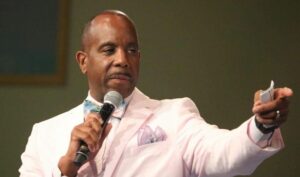 death. Charles H. Elliss III said:
death. Charles H. Elliss III said:
“I’m trying to get to the place where everything I touch turns to gold. Where everything I wish for comes true. This is prosperity. This is a victory. This is the promise of God.”
Fake it till you make it
I must mimic health, and ignore negative feelings as if I am healed even if I am not. It’s what I believe that matters. Belief is truer than my feelings.
This puts acting on an equal plane with reality. The key is to silence “sense knowledge,” so I don’t ever talk about how I actually feel if it is not in line with the blessing I believe I am to receive.
Loose lips equals lost blessings
I have to claim my blessing (health and/or wealth) and then wait in faith until it happens, but if I give in to negative feelings and vocalize those doubts before the blessing happens, God cancels the deal with me because I don’t have enough 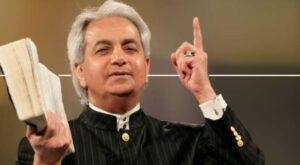 faith.
faith.
Benny Hin said that few who receive God’s blessings can keep them because they don’t have enough faith to see the promise through, and when that happens, they have no one to blame for the lost blessing but themselves!
Careless words became the main culprit for why people who had received a blessing could not experience it. This explanation created mass paranoia about what was appropriate for Christians to say. There could be no negative slip-ups because the cost was too great. Bowler notes that the infectious positivity of Sunday morning church in these types of congregations could be downright exhausting! Faith life became little more than an outward performance of positivity. Sadness, negativity, or doubt guaranteed a lost blessing.
What does Dennis think of the health and wealth gospel? — It’s Crap!
(Though I understand how we got here, we are products of our culture and environment more than we know)
- Its soaring anthropology rises so high that God gets supplanted. That can’t be good. I don’t get to boss God around.
- It seems to me that whenever material gain is the priority of one’s life, trouble is on the horizon, and it doesn’t matter how many proof texts are claimed or theological arguments made.
- Humans have to be able to express themselves. To build up an entire system of belief that muzzles people’s true feelings and replaces them with perma-smiles and upbeat faith-filled language because of fear is the definition of toxic positivity.
- The best gifts are those given out of love with no thought of return. This system takes a good thing and wrecks it.
- Finally, to be human means that we all must suffer, and we all must die. Dark valleys exist in the human experience as well as mountaintop ones irrespective of ones faith. To create a system of belief that demands of God only mountaintop moments of wealth and health but then blames the valley times on a lack of faith can only be described as cruel. If that is Christianity, I’m out.
